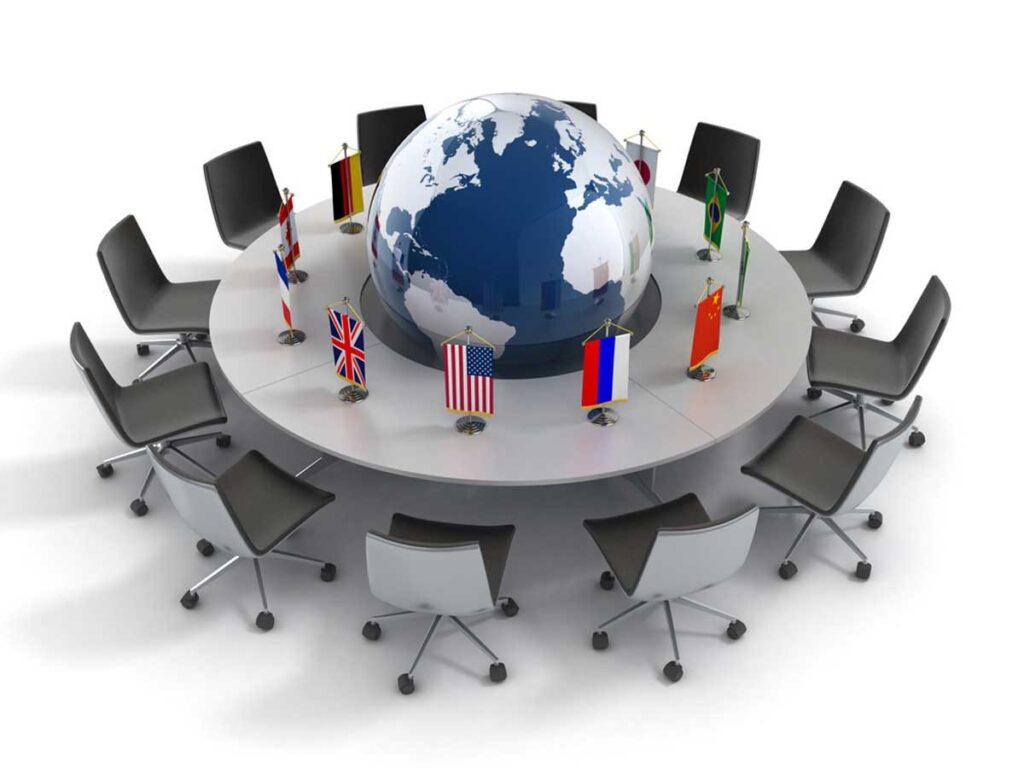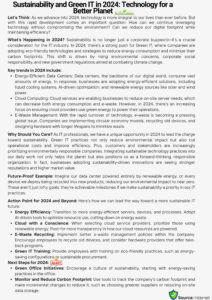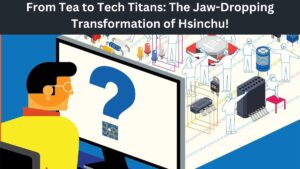
The negotiation saga over the world’s first-ever treaty on Artificial Intelligence (AI) continues, with the latest draft revealing further dilution of an already weakened text. The Convention on Artificial Intelligence, Human Rights, Democracy, and the Rule of Law, developed by the Council of Europe, has been a focal point for discussions involving major players like the United States, Canada, Israel, and Japan.
The central point of contention revolves around whether private companies should fall under the treaty’s purview. The draft, seen by Euractiv, underscores the struggle to reach a consensus, with the European Commission introducing an ‘opt-out’ option to address US administration concerns. However, the lack of flexibility from both sides resulted in a deadlock during the recent plenary session.
As the timeline for ministerial adoption in May looms, the text has seen consistent weakening, primarily due to the European Commission’s insistence on aligning it closely with the existing AI Act. This alignment has led to broader exemptions for national security, defense, and law enforcement, potentially creating loopholes for AI systems used in both civilian and military contexts.
In the most recent draft, key provisions related to protecting the democratic process, procedural safeguards, health, environment, trust in AI systems, and human oversight for AI-driven decisions have been substantially watered down. The treaty now appears closer to a declaration than a binding agreement.
Notably, political considerations have played a significant role, with observer countries like the United States exerting influence in shaping the treaty. The potential inclusion of private companies, a major bone of contention, raises questions about the treaty’s credibility and legitimacy.
Despite the diplomatic tussle, the potential diplomatic victory of having the United States as a signatory might be seen as a milestone for the Council of Europe. However, critics argue that issuing a treaty without a firm commitment from the private sector jeopardizes the organization’s credibility in ensuring human rights protection.






